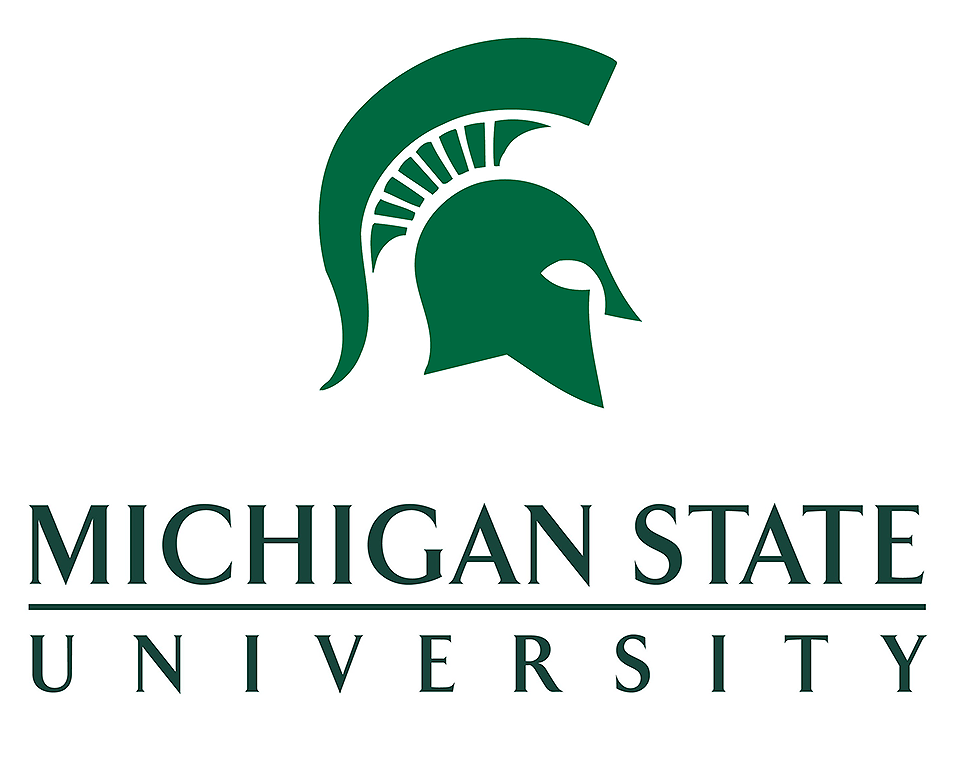Oil Spills Under Ice – Challenges and Solutions
Dates: March 9-12, 2022
Steering Committee: Lead: Volodymyr (Vlad) Tarabara (Michigan State University); Co-leads: Ayumi Fujisaki-Manome (UM CIGLR), Melissa Baird (Michigan Technological University) & Edoardo Sarda (Lake Superior State University)
CIGLR Research Theme: Healthy Communities
 Description: Economic activities, including maritime commerce, oil and gas extraction and transport, and seasonal ice road maintenance, are already robust, and in particular cases growing, in cold climate areas such as the Great Lakes. Many of these activities may lead to accidental oil discharge. In icy conditions, the spills may occur under ice raising concerns about both timely detection of the spilled oil and appropriate remediation strategies.
Description: Economic activities, including maritime commerce, oil and gas extraction and transport, and seasonal ice road maintenance, are already robust, and in particular cases growing, in cold climate areas such as the Great Lakes. Many of these activities may lead to accidental oil discharge. In icy conditions, the spills may occur under ice raising concerns about both timely detection of the spilled oil and appropriate remediation strategies.
Oil spills can lead to disastrous outcomes for all natural waters but spills in icy conditions pose a greater challenge to an emergency response team. Common remediation approaches include the deployment of booms and skimmers on the surface of the water to collect the oil. If immediate action were not taken, the oil would begin to disperse and become increasingly difficult to recover.
When oil is spilled in an area of open water, an aerial view can expose where the oil is congregated at the surface. Furthermore, theoretical models exist for the Great Lakes to simulate where the oil would end up at the surface in the event of a spill. During periods of the year when an aerial view cannot provide valuable information (such as the winter when most bodies of water are locked with ice) existing models may not be valid and other methods for readiness, detection and response must be identified.
Current methods for locating oil spilled under ice are based on a heuristic “guess-and-check” approach, wherein holes are cut through the ice in strategic locations in hopes to reveal oil (Streichert & Keck, 2019). New methods of oil detection under ice must be developed, methods that can effectively decrease detection and response times.
As there is an increased risk of an oil spill or leak due to shipping and aging infrastructure in the Great Lakes, awareness, preparation and having the most effective methods for detection and recovery will lead to the greatest success in protecting the environment. Accordingly, there is value in developing techniques, economical for widespread deployment, capable of surveying ice coverage and condition, as well as detecting and recovering trapped oil. Furthermore, such techniques can be valuable tools for communities that live around potentially affected areas, natural scientists and legislators concerned with the oil transport and related risks within the Great Lakes. Furthermore, the impact on the communities and the environment need to be identified and considered.
Goals and specific objectives:
The overall goal of the working group is to build the framework for addressing the challenge of oil spills in icy conditions within the Great Lakes region. The interdisciplinary CIGLR workgroup will explore a broad set of issues ranging from underlying science (e.g. oil fate and transport under ice) to technical solutions (e.g. spill detection and remediation) to social impacts (e.g. risk awareness and community response).
The workgroup will have the following six specific objectives:
-
- Identify the current state of preparation, response strategies (if any), and the state of technologies available for detecting and remediating oil spills under ice.
- Identify knowledge gaps and technologies critical for designing a robust strategy to respond to potential spills.
- Based on the outcomes of (1) and (2), identify research needs and rank them in the order of priority. Publish a peer-reviewed paper with an emphasis on filling the gaps and recommended future actions.
- Assess current research capacity within the workgroup, identify expertise strengths and gaps, gauge them against research needs, engage external experts if warranted, and develop one or more research proposals to address research needs identified in (3).
- Explore broader implications of challenges and solutions specific to the Great Lakes region for other areas and scenarios (e.g. Arctic region) where oil spills under ice are likely and identify broader networking opportunities for the proposed CIGLR workgroup.
- Integrate the challenges posed by oil spills under ice in the Great Lakes into the curricula at Michigan State University (undergraduate and graduate), Lake Superior State University (undergraduate).
